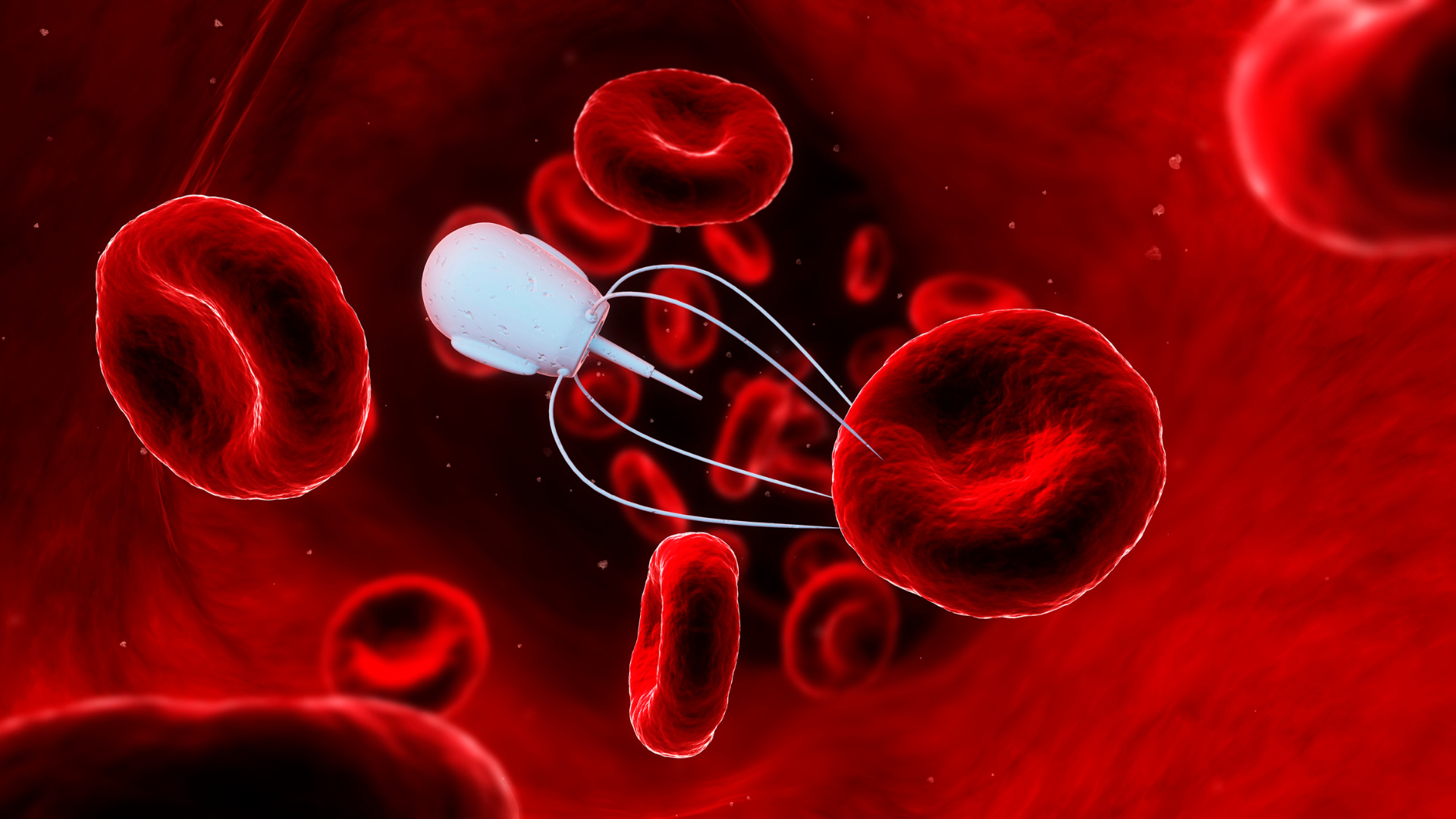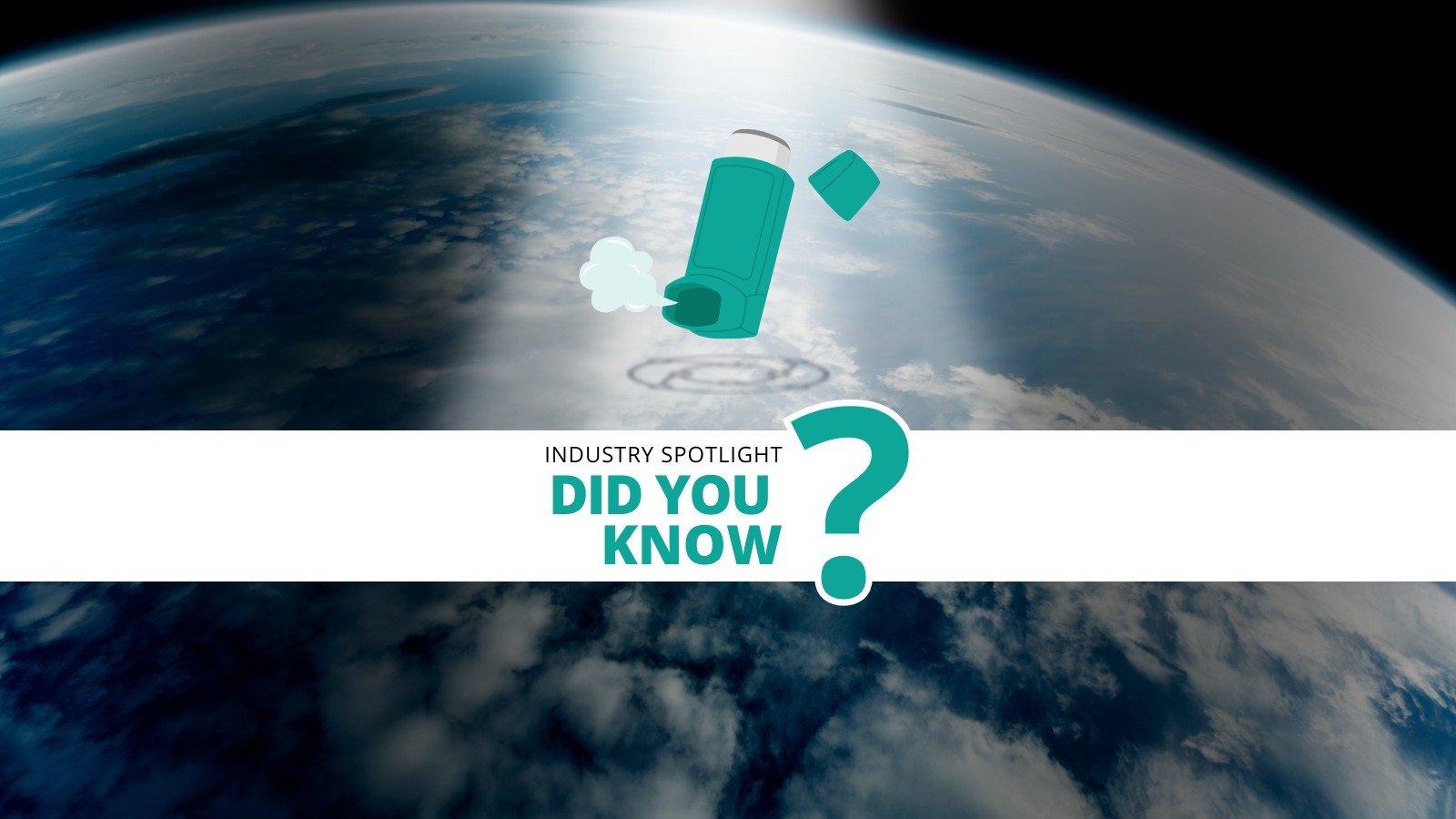Beyond the Needle: Exploring the Potential of an Inhaled TB Vaccine

The COVID-19 pandemic highlighted the critical need for early-stage research in infectious diseases and demonstrated the importance of pandemic preparedness. In the aftermath of the COVID-19 pandemic, there has been a concerted effort to address TB, one of the deadliest infectious diseases globally. Collaborative endeavours spanning pre-clinical development, clinical trials, policy-making, and preparedness planning reflect the interdisciplinary approach to vaccine development.
In 2021, 1.6 million people lost their lives to TB. Despite its global impact, there is only one licensed TB vaccine, BCG, developed in 1921. BCG has proven to be highly effective in protecting children from severe disseminated TB, but it offers limited protection against pulmonary TB in adults.
RELATED:
- Advancements in Inhaled Gene Therapy for Pulmonary Conditions
- Why Inhalation Products Benefit from Patient-Centric Design
- Breathing New Life into Treatment: The Revolutionary Promise of Inhaled Drug Delivery
The Jenner Institute at the University of Oxford aims to conduct a study to investigate whether administering BCG via inhalation could provide better protection compared to the standard intradermal delivery. The research project will recruit healthy participants with and without type 2 diabetes who have previously been vaccinated with BCG. Volunteers in the study will receive either the BCG vaccine as an injection in the skin or as an inhaled vaccine.
Members of the study will then be closely monitored for side effects over six months. It is hoped that the inhaled vaccine will be more effective than the intradermal one due to its potential to induce a localised immune response rather than a systemic immune response.
It is critical not to treat vaccines with a ‘one size fits all approach’, therefore ongoing research explores alternative vaccination options. For example, a research group at McMaster University led by Dr Zhou Xing is developing an aerosolised vaccine against TB on an adenovirus vector (AAV), emphasizing the importance of respiratory mucosal immunity. Using an adenovirus vector vaccine holds promise for targeting a range of infectious diseases; adenovirus vectors can be engineered to express antigens from multiple pathogens.
Dr. Xing points out the advantages of aerosolised vaccines over intradermal injection, stating that, “That route [intradermal] of immunization is not ideal at all because that route of immunization wouldn't be able to provide us with a very much needed respiratory mucosal immunity.”
Inhaled vaccines offer several advantages over intramuscular ones, including ease of administration through disposable devices, minimal storage requirements and the potential for inducing a localised immune response. These factors facilitate mass vaccination campaigns.
These studies investigating inhaled BCG vaccine delivery represent a novel approach to optimising TB vaccination, with the potential to improve public health outcomes on a wider scale. As research continues to advance, adopting innovative strategies will be crucial in combating infectious diseases and improving global health.






